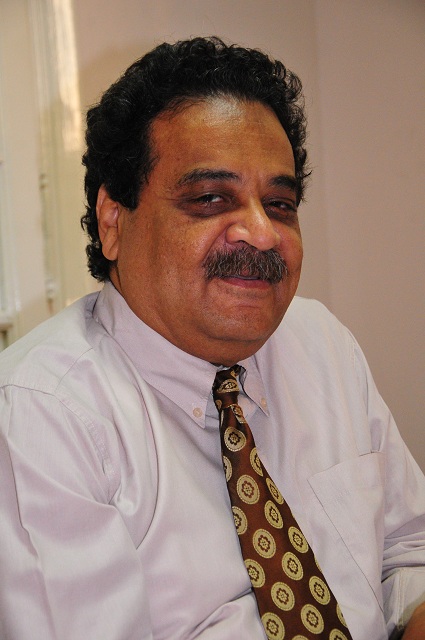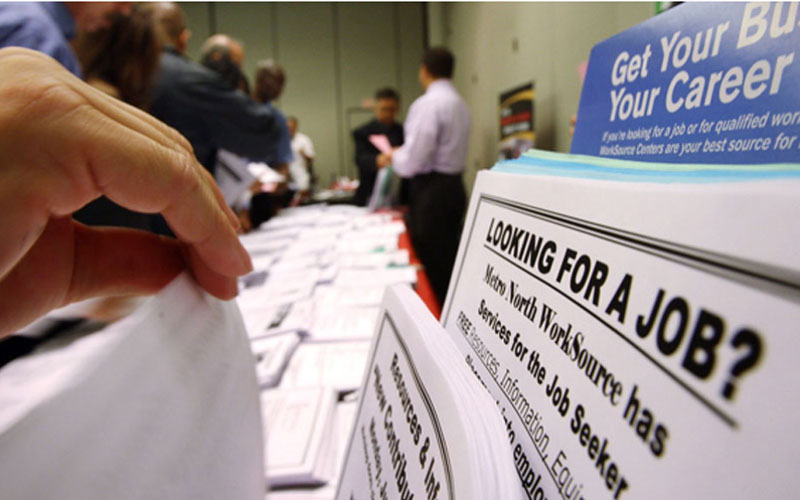
I write this on the evening of Monday, 27 January and I still believe that Al-Sisi has not made up his mind on nominating himself for presidency. I wondered if this thought was due to what I read from the current political scene or is it what I am hoping for based on an accurate reading of what would happen if Al-Sisi ran for and won the presidency in the coming elections?
I will leave you to answer this question. I have written before in this subject in a previous article and I concluded that Al-Sisi will run for presidency and will win based on his popularity. This will support the idea of 30 June being a military coup, which would cause a lot of damage to Egypt’s international relationships. On the other hand, if he wins, he becomes the person in charge of everything that happens in the country, and there are great expectations regarding the state of Egypt in the coming period.
Given the number of problems in Egypt, it is expected that Al-Sisi will not be able to achieve all of the Egyptians’ wishes and demands. This will lead to the people thinking of him as a failure given the high ceiling of expectations. The problem is that the criticism to which he is subjected will extend to the armed forces given how people view him as the army’s candidate. This could lead to military losing its role as a strategic line of defence. The military played this role twice in the past three years, during the 25 January Revolution and 30 June protests. We all remember how, under the leadership of Field Marshal Tantawi, the military failed to manage the country in the period between the removal of Mubarak and Morsi becoming president. It led to the people rejecting military rule and chanting “down with military rule”.
We have to mention that democratic entities at the time strongly criticised the Supreme Council of Armed Forces (SCAF) for its policies and decisions concerning the management of the country. The democratic parties were careful to highlight that this criticism was not concerned with the military, but only its management of the country. This kind of criticism was completely different from the Brotherhood’s, which extended to the army to the point that some of the Brotherhood’s chants included “the army and the people are one dirty hand”.
Some of Al-Sisi’s supporters, especially regular citizens, are very excited and hopeful concerning his and the army’s ability to build a “heaven on earth”. Once they realise that Al-Sisi will not succeed in making this a reality, they will turn on him and the army as well. It will happen very quickly and with the same kind of enthusiasm that will not differentiate between Al-Sisi and the army. The democratic entities, however, know how to separate between the political management of the field marshal and the army, as it happened during Tantawi’s period.
A few years ago, an Islamist mentioned that he thanked God when Egypt lost the war in 1967 because if it had won, it would have meant that Abdel Nasser, a communist or infidel, had won. Even though I was not a supporter of Abdel Nasser, I did not rejoice when Egypt was defeated. Therefore, even for Morsi, whom I never liked or respected at all, I never wished for his failure, because it meant not only the failure of the Brotherhood, but more suffering for the people of this country. Therefore, I can never wish for Al-Sisi to fail. On the contrary, I hope for him and anyone else, that he succeeds. I am trying to point out that some of the supporters are trying to market him as a god rather than a viable candidate for presidency, capable in a few days to achieve security and stability for the country. These supporters are helped by a band of hypocrites and the people’s general mood of frustration and desire for salvation. This all leads to Al-Sisi being considered as a hero and saviour. In reality, Al-Sisi has become a symbol of 30 June for both parties: for the Brotherhood, he is a symbol of the coup and for the rest, he is a symbol of a revolution that removed Morsi and got rid of the Brotherhood.
On the other hand, if he does not run for presidency, and several candidates ran against a Brotherhood candidate, the votes will be dissipated. Therefore, in the second round, it will become once again a standoff between the Brotherhood’s candidate and a non-Brotherhood’s candidate. Even though the non-Brotherhood candidate will win for sure, this will give the impression that the Brotherhood is strong, giving a boost to the Muslim Brotherhood’s morale and reviving them. In return, it will be considered a defeat for Al-Sisi and the alliance of 30 June which toppled Morsi. This alliance is already falling apart due to the actions of the supporters of the old regime, beginning with the passing of the Protest Law until now.
In my previous article, I concluded that these two scenarios are the best of the worst. They are both not just against the country, but Al-Sisi as well. The scenario that I support and recommend is that Al-Sisi supports one of the non-Brotherhood candidates given that this candidate also gets the support of the democratic powers. The success of this scenario is provided that this candidate also enjoys a certain degree of popularity and credibility from the different entities in the country. This candidate should also depend on a democratic alliance in his political speech.
In the end, I should add that if Al-Sisi does not run for presidency, something I do not prefer for the many reasons I have mentioned, it is necessary that people differentiate between him and the army. It will be necessary that he acts as any other candidate by issuing a political programme for his campaign and provide the people with a clear political vision. He also should discuss his political programme with other parties and entities in the political scene. He should also declare himself a candidate for a certain political alliance so that it could bear the burden of ruling the country and its management with him. The parties which rulers create usually end up a combination of people trying to exploit political power for financial gains so that it becomes a fake political party that fails to improve the ruler’s oppressive ways.




